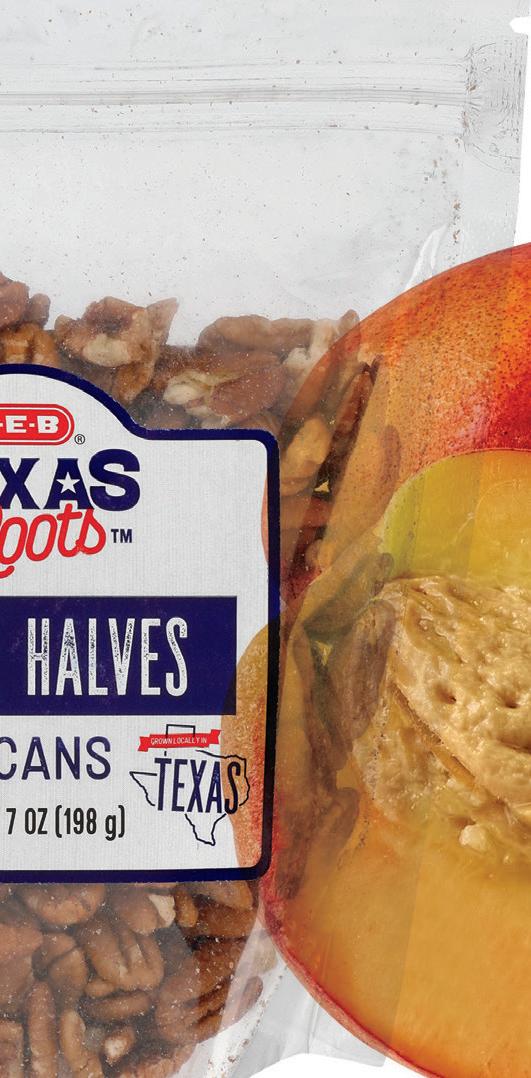AframNews.com

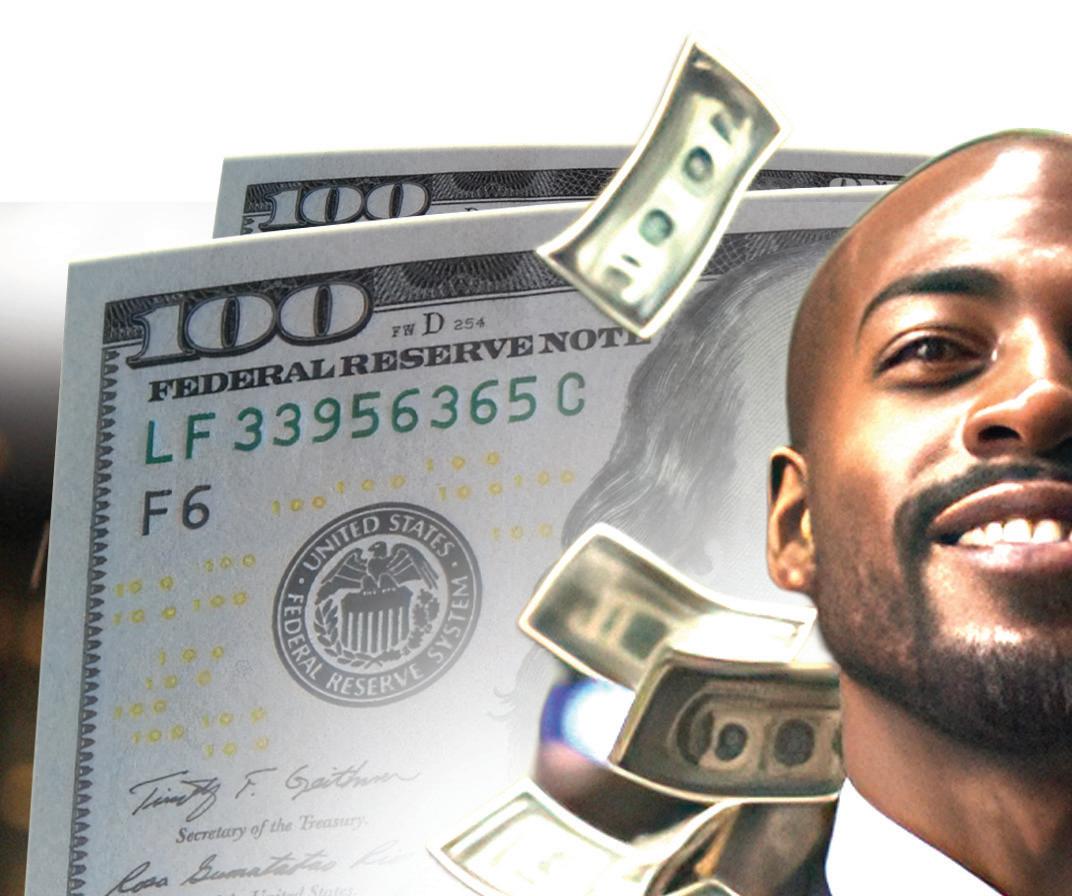

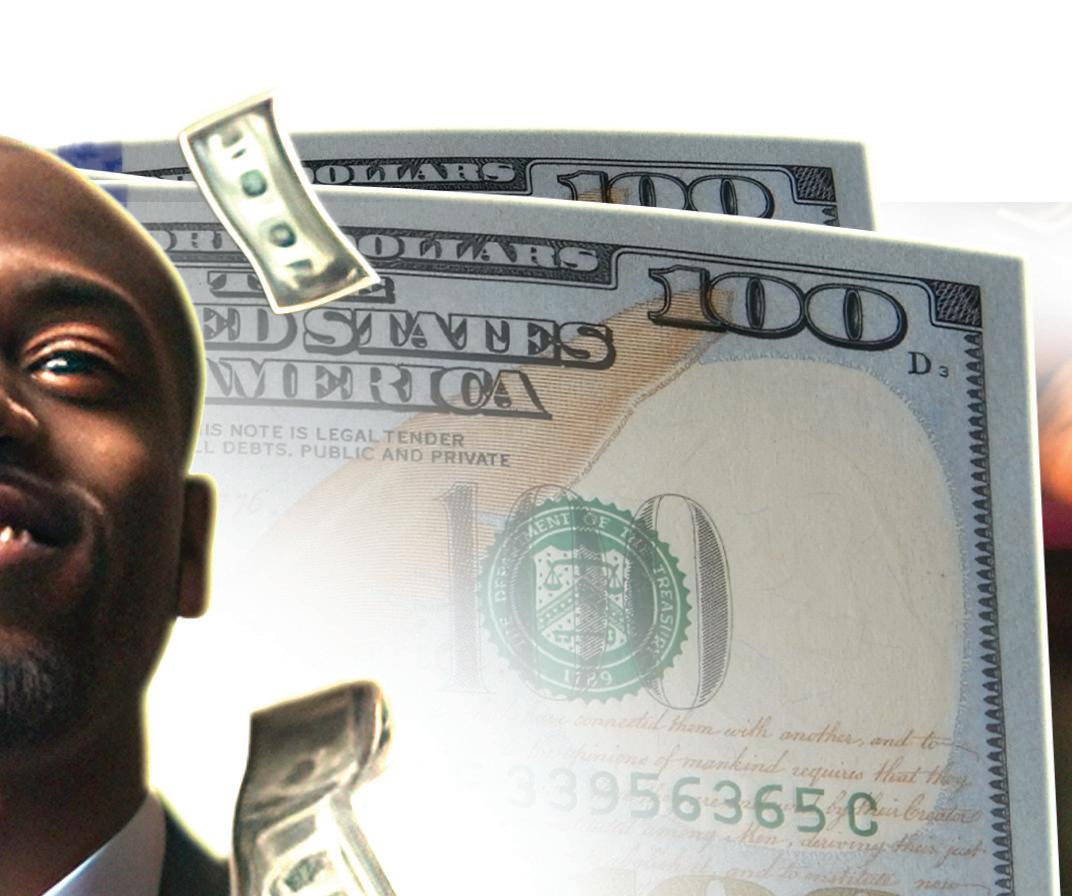
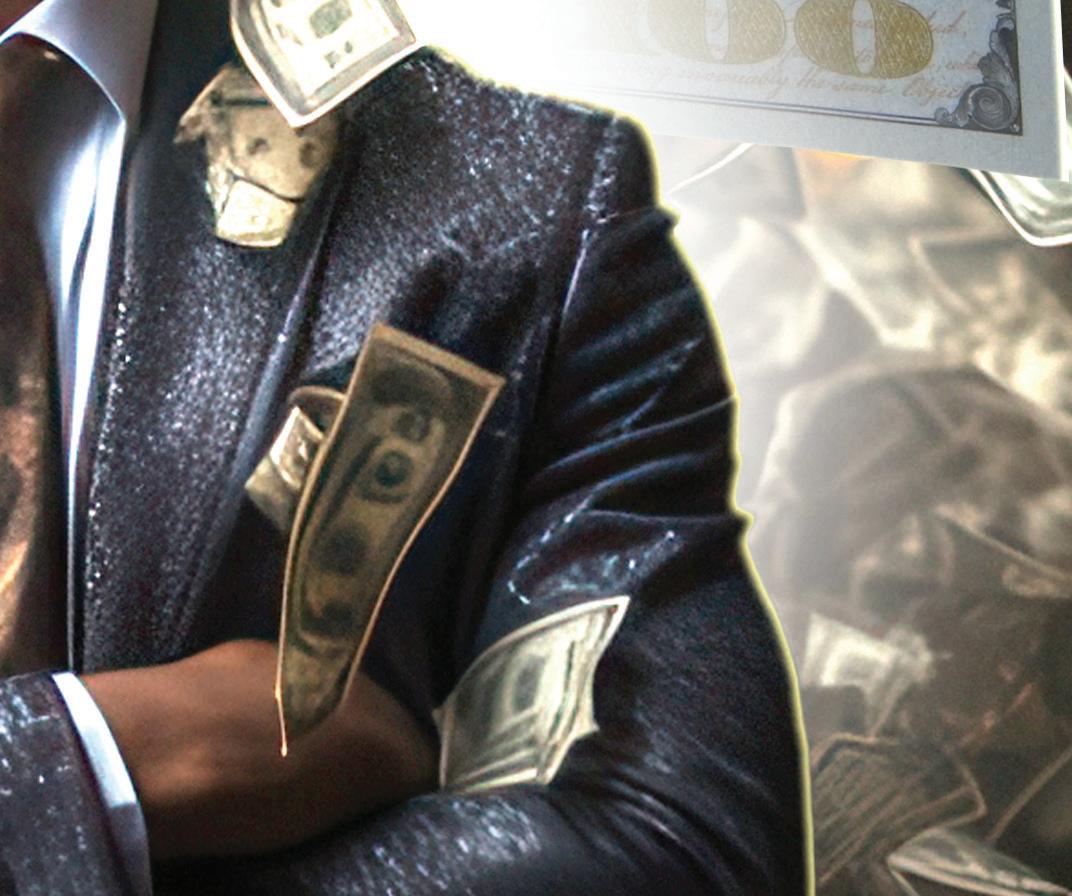






By: Roy Douglas Malonson
If Black America were its own nation, it would be one of the richest in the world. Let that sink in.
With over $1.8 trillion in annual consumer spending, the economic footprint of Black Americans is larger than the entire economies of countries like Australia, Spain, or Mexico. It’s a force that drives trends, fuels industries, and keeps America’s biggest brands alive. Yet for all this power, far too little of that money is staying in Black hands. e truth is simple: We are spending more than ever before—but building less. e Black dollar is
strong. But it’s not circulating where it should be.
A Nation Within a Nation
e $1.8 trillion we spend every year makes Black consumers one of the most sought-a er markets in the world. From hair care to hip-hop, fashion to food, our in uence shapes culture and commerce in ways that are impossible to ignore.




















By: Sharon C. Jenkins





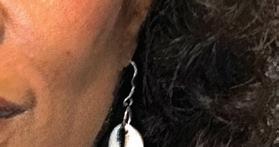











Debra Blacklock-Sloan is a woman on a divine assignment. With a voice full of conviction and a heart rooted in truth , she has dedicated her life to preserving the African American experience in Houston, Texas—one historical marker, one family story, and one sacred truth at a time.
A h-generation Texan and native Houstonian raised in Frenchtown, a culturally-rich section of Houston’s historic Fi h Ward, BlacklockSloan re ects on her upbringing with immense pride. ough she didn’t realize it as a child, her neighborhood was steeped in history—something she wouldn’t fully discover until adulthood. “It wasn’t in the textbooks,” she o en says. “I didn’t nd out it was historic until I was in my forties.”
Still, the seeds of curiosity were planted early. Her father’s habit of reading paperbacks ignited her love of learning. As a young girl, she would sneak his books whenever he wasn’t looking and pore over them, dictionary in hand. at small habit set the stage for a lifelong passion for reading, history, and storytelling.
Blacklock-Sloan credits her parents and early Black educators for nurturing her sense of purpose. “ ey never had to tell me to do well in school. I instinctively knew I represented them.” Despite the cultural shi brought on by school integration, her foundation in learning remained strong. And while her childhood was largely shielded from the overt racial tensions of the Civil Rights Movement, her later experiences—especially in the workplace—revealed
And if our spending were calculated as a national GDP, Black America would rank in the top 15 global economies. Bigger than South Korea. Bigger than Saudi Arabia. Bigger than most countries on earth. Black Dollar on pg. 3 Legacy on pg. 3
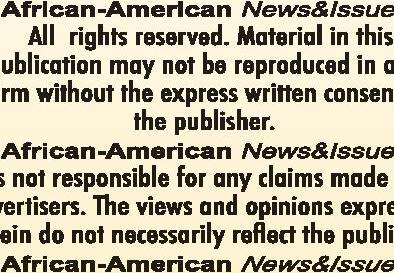



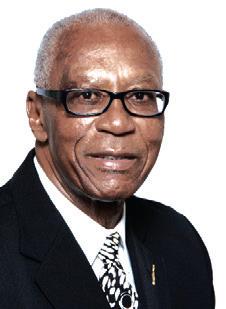
Bobby Mills, Ph.D.




Violence and physical force encourage violence and physical force. Evil encourages evil. Since the advent of the MAGAPolitical Cult in 2016, America has too many citizens who are spiritually and morally characterized by this scriptural verse: “they eat the bread of wickedness, and drink the wine of violence.” (Proverbs 4: 17). Individuals seeking acceptance rarely criticize others for their wrongdoings. On the other hand, Godly individuals always have healthy skepticism concerning human behavior. Allowing your friends and associates to cause you to become entrapped in sin is a deadly habit. America, our emotions and desires greatly influence how we live. The eternal question in life is how I live; not how I die, because: “it is appointed unto men once to die, but after this judgment”.
(Hebrews 9: 27). Therefore, suicide is never an answer to a problem, wait on God. Judgment is not a popular theme in American culture, because of the notion of instant gratification. America, as sure as physical death itself, God’s eternal judgment awaits all of us, male and female, Black and White, and most assuredly rich and poor. Therefore, I strongly-spiritually advise put on the whole armor of God and place your hope in Jesus Christ; not President Donald J. Trump, because: “we wrestle not against flesh and blood, but against principalities, against powers, against the rulers of darkness of this world, against spiritual wickedness in high places. Wherefore take unto you the whole armor of God, that ye may be able to withstand in the evil day, and having done all, to stand.” (Ephesians 6: 12-13). America, we should never forget that the goal of evil individuals is the same as the devil, and that is to defeat the TRUTH. The devil is a liar. God has defeated him, hell, and the grave. Thus, the absolute TRUTH for human beings is that equal is equal,
Political on pg. 5
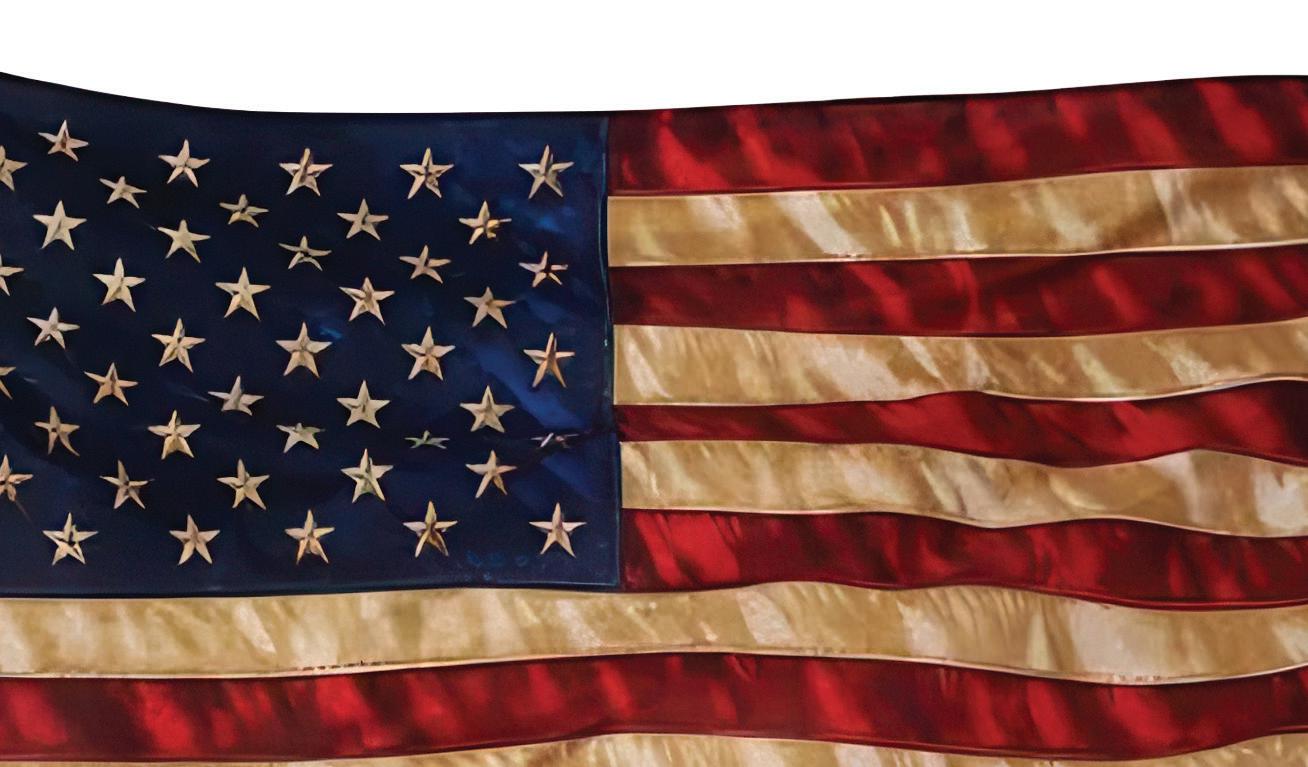


Roy Douglas Malonson, Publisher
If Black America were its own country, it would be one of the richest nations on Earth. With over $1.8 trillion in annual consumer spending, our collective economic power rivals the GDP of nations like Australia and Mexico. at’s not a dream—it’s a fact. But the real question is this: If we’re spending like a wealthy nation, why are we still treated like a struggling one? It’s because we don’t own enough of what we spend money on.
Black consumers fuel industries—from beauty and fashion to entertainment and fast food—yet less than 2% of that $1.8 trillion circulates through Black-owned businesses. at means others are building generational wealth o our dollars, while our communities are le with underfunded schools, shuttered businesses, and
shrinking opportunities. We’ve been taught to chase brands, not build them. To consume, not create. To work hard for money—and then give it away to those who never reinvest in us. at cycle must end. e truth is, we have more than enough spending power to build our own banks, schools, media outlets, and tech companies. We don’t need more slogans—we need strategy. If just 10% of our annual spending was redirected to Black-owned businesses, that would be a $180 billion reinvestment into our own future. is isn’t about blaming ourselves. It’s about realizing our strength. e Black dollar is global. It sets trends. It creates billionaires. Now it’s time for it to build Black futures. We don’t have to wait for permission. We just need to start spending with purpose. Because if Black America were a country, we’d already be rich. It’s time to act like it.

But the reality on the ground tells a di erent story.
While the dollars go out, they rarely come back. On average, money circulates in the Black community for just a few hours before it’s spent elsewhere. In other communities— Jewish, Asian, Latino— that number stretches into days and weeks. at’s the di erence between a community that thrives and one that just survives.
Where the Money Goes
Let’s talk numbers.
Black Americans spend more than $50 billion on beauty and grooming products each year. We spend another $35 billion on cars, $40 billion on clothing, and billions more on fast food, health products, electronics, and entertainment. But how much of that is going to Black-owned businesses?
Less than 2%.
at means while we buy, others build. While we consume, others invest. e system bene ts from our dollars, but rarely reinvests in our communities. Most of the companies we support—loyally and consistently—are not owned by us, do not hire us in leadership positions, and do not pour money back into our schools, streets, or small businesses.
Despite this immense buying power, the racial wealth gap in America
remains staggering. e median wealth of a White household is still nearly ten times greater than that of a Black household. Homeownership among Black families trails behind the national average by more than 20 percentage points. And access to capital for Black entrepreneurs remains limited and lled with barriers.
In other words, we are powerful in the marketplace—but not in the boardroom.
We’ve been trained to think like consumers, not creators. To chase labels instead of build legacies. To buy things we don’t own from people who don’t reinvest.
It’s not just about personal nance—it’s about collective strategy. e same $1.8 trillion that props up America’s economy each year could be used to create generational wealth, rebuild neighborhoods, and fund the next wave of Black innovation.
What Happens If We Turn Inward?
Imagine if just 10% of Black consumer spending was redirected to Black-owned businesses. at’s $180 billion—more than enough to launch thousands of startups, open hundreds of schools, expand Blackowned banks, and create entire ecosystems of opportunity. And we don’t need anyone’s permission to do it.
We already have the dollars. We just need to point them in the right direction.
at means being intentional. Supporting Black-owned restaurants, clothing lines, bookstores, barbershops, salons, tech companies, and banks. It means shi ing from “supporting” to investing. From just buying to building.
A New Black Economy is isn’t about boycotting. It’s about awakening. Every dollar we spend is a decision about who we empower. If we keep giving our money away without a return, we’ll stay stuck in the same cycle— working hard and getting less. But if we take control of our economic narrative, everything changes. We can become the lenders instead of the borrowers. e owners instead of the workers. e ones who create jobs, not just ll them.
e Black dollar is already changing the world. Now it’s time to let it change our world.
Final Word
e power of the Black dollar isn’t coming—it’s here. It’s loud. It’s global. And it’s enough to build an economy of our own inside a system that was never designed for us to win.
But we don’t have to keep waiting. We can spend di erently. ink di erently. Build di erently. And if we do it together, we won’t just be one of the world’s biggest economies. We’ll be one of its strongest.
Legacy Cont. disparities that would fuel her resolve to make a di erence.
ough she initially pursued other careers, it was a chance encounter that ultimately redirected her path. While working for Aldine ISD in the library system, a colleague encouraged her to attend a meeting about a proposed Black history museum. Reluctant at rst, Blacklock-Sloan went—and that moment would change her life.
ere, she met the legendary Texas history teacher Mrs. Willie Lee Gay. at meeting led to a mentorship, a network of historians, and eventually a role at the Rutherford B.H. Yates Museum, where Blacklock-Sloan began deep research into Houston’s Black neighborhoods like Freedmen’s Town.
It was through this work that she uncovered stories that had been buried or overlooked—stories of resilience, innovation, and excellence within Black Houston. “When I started researching, I’d search indexes of books on Houston history looking for the word ‘slavery’ or ‘Black,’ and either it wasn’t there or there were only two sentences. How do you omit the people who built the infrastructure of this country?”
She also credits Patricia Smith Prather as a mentor and Shape Community founder Deloyd T. Parker for exposing her to the Civil Rights Movement with his annual Freedom Tours to Southern states.
Blacklock-Sloan has since become a trusted voice in local history, known for her erce commitment to truthtelling. Her work has led to the placement of more than 35 historical markers around Houston, each one a permanent record of a moment, person, or place that helped shape the city’s Black heritage. “When people introduce me, they say I’ve done over 40 markers—and I haven’t,” she laughs. “But I’m proud of every single one I’ve worked on because each one taught me something new.”
Success, for Blacklock-Sloan, isn’t about nancial gain—it’s about ful llment. She feels most successful when she’s immersed in research, giving a presentation, or passing down knowledge to her grandchildren, whom she a ectionately calls her “grands.” At her house, iPads are
banned during visits. “I tell them, ‘I’m the iPad. I have the information.’” Instead, she quizzes them on family lineage and rewards them with dollars for each correct answer. “ ey’ve learned to value our history because they see it’s worth something. Even if it starts with a dollar.”
Despite not encountering overt racism growing up, Blacklock-Sloan is acutely aware of the racial injustices that have shaped America. She’s also determined to correct the myths and misinformation surrounding Black history—particularly narratives about Juneteenth. “We didn’t nd out about freedom two years late. at’s a myth. Over 125 Texas newspapers printed the Emancipation Proclamation in 1865. House servants certainly heard the news rsthand because White planters were talking about it. ey knew.”
She’s equally passionate about correcting false claims of being “the rst” in certain achievements. “ ere were thriving Black business districts in the early 20th century with grocery stores, theaters, everything. Just because something wasn’t in your generation doesn’t mean it was never done. Do your research.”
Her voice rises when she speaks about legacy and the urgency of preserving Black stories. “ ere’s a mandate on my life,” she says solemnly. “While I have breath, I must tell our story. I’ve got ten books in my head waiting to be written.” And she’s determined to pass the baton to the next generation, just as her mentors did for her. “We’re standing on the shoulders of giants—people who built a beautiful blueprint for us. Now it’s our job to keep that template alive.”
In a world where identity the isn’t just digital, but cultural, Debra Blacklock-Sloan is the keeper of receipts—meticulously preserving the documents, oral histories, and monuments that refuse to let our story die. She is a griot in the truest sense, holding a sacred charge to speak the truth, even when others try to erase it.
“Black history can’t be erased,” she says rmly. “Not by textbooks, not by laws, and not by silence. As long as I’m here, I will keep telling our story— straight, un ltered, and true.” And Houston is all the richer for it.
1964. e Civil Rights Act of 1964 is passed; it prohibits discrimination in public facilities and in the employment of African Americans.
1965. ree marches are organized from Selma to Montgomery to protest the obstruction of African Americans from voting.
1966. Led by Bobby Seale and Huey P. Newton, the Black Panther Movement rises.
1967. e United States Supreme Court decision Loving v. Virginia strikes down all antimiscegenation laws remaining in sixteen U.S. states.

1968. Shirley Chisholm is the rst black woman elected to the U.S. Congress; she will later run for president in 1972.
1971. Jesse Jackson founds People United to Save Humanity (PUSH), becoming an in uential leader in the civil rights movement a er Martin Luther King Jr.
1978. In Regents of the University of California v. Bakke, the Supreme Court rules that the use of strict racial quotas is unconstitutional.



HUD is proud to contribute $314 million to support Houston’s disaster recovery efforts—funds that will be directed by local leaders, like Mayor Whitmire, to address the community’s most pressing needs in the aftermath of natural disasters. With targeted, locally informed leadership, Houston can strengthen its infrastructure, improve power resilience, and enhance the region’s ability to withstand future emergencies.
The annual “U.S. News Best Companies to Work For” report evaluated thousands of publicly traded companies worldwide to identify top employers. The assessment is based on six key factors, including work-life balance and flexibility, compensation and benefits, job and company stability, and opportunities for career growth and development. Rather than ranking the companies, the report features those selected through reader surveys and publicly available workplace data.

‘Unjust’: Judson ISD Board Slashes Pre-K, Staff, and Athletics Amid Budget Deficit. Following a shift in board majority after the May 3 election, trustees continue approving sweeping cost-cutting measures. The latest: cuts to early education, personnel, and sports programs.
Artist applications for SXSW 2026 Music Festival are now open, with performer pay remaining unchanged for the first time since 2023.
Gwendolyn Brooks was a highly influential American poet, best known for her poignant and powerful portrayals of African American life. Born in 1917 in Topeka, Kansas, and raised in Chicago, she developed a deep awareness of racial and social issues that would shape her writing. Brooks became the first African American to win a Pulitzer Prize in 1950 for her book Annie Allen, which chronicled the life of a young Black girl growing into womanhood.
By: Roy Douglas Malonson
Before Juneteenth became a national celebration… before President Biden signed it into law… before the nation remembered—one man in Houston, Texas refused to forget.
His name was Rev. C. Anderson Davis, and through sheer will, organizing brilliance, and unwavering faith, he helped revive a celebration that was dangerously close to being erased. ough largely unknown by the public, many in Texas rightfully call him the Godfather of Juneteenth—a title he earned not with fame, but with fearless determination.
A Forgotten Holiday and a Relentless Vision
In the early 1970s, Juneteenth had all but disappeared from the public consciousness—even in Texas. Local governments weren’t sponsoring events. Schools didn’t teach it. And many within the Black community saw it as something from a di erent era.
But Rev. Davis knew the truth: freedom delayed is still worth remembering. A er moving to Houston in the late 1960s as a eld representative for the NAACP, Davis restructured the National Emancipation Association (NEA) in 1973. e goal? Bring Juneteenth back to the forefront of American memory.
Despite pushback from o cials and reluctance from

local leaders, Davis organized what would become the rst modern Juneteenth Freedom Festival in Houston in 1974. He made space for speakers, music, history, and community gathering—and he didn’t stop there.
e Proclamation at Changed Texas
One of Davis’s greatest contributions came in the form of a written proclamation. is document, honoring the signi cance of Juneteenth and urging o cial recognition, was later echoed—almost word for word—by Texas Representative Al Edwards when he passed legislation making Juneteenth a state holiday in 1980.
ough Davis did not receive public credit at the time, his behind-the-scenes work laid the foundation for everything that followed.
Rev. Davis didn’t just advocate for historical recognition—he helped build infrastructure for economic growth. He founded the NEA Credit Union, providing essential loans and scholarships to inner-city students and minority-owned businesses. At a time when Black communities were locked out of traditional banking, Davis o ered a lifeline.
He also served on civic boards, supported the elderly
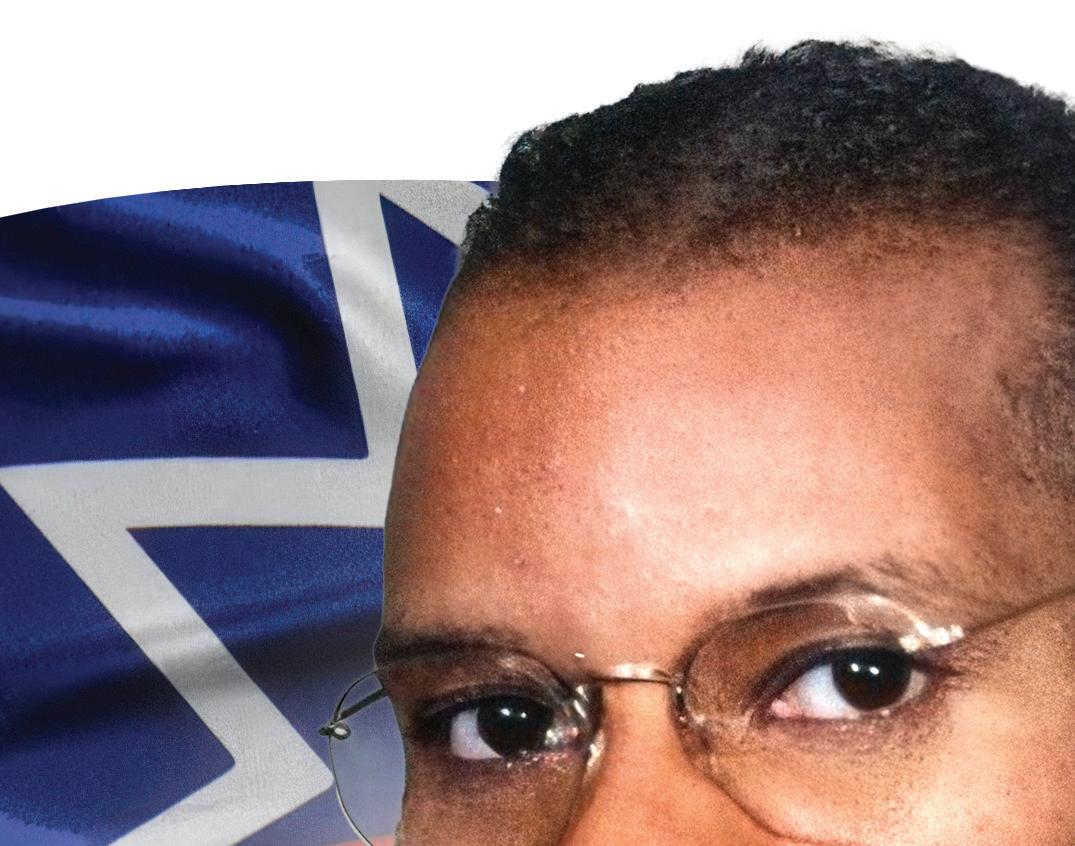
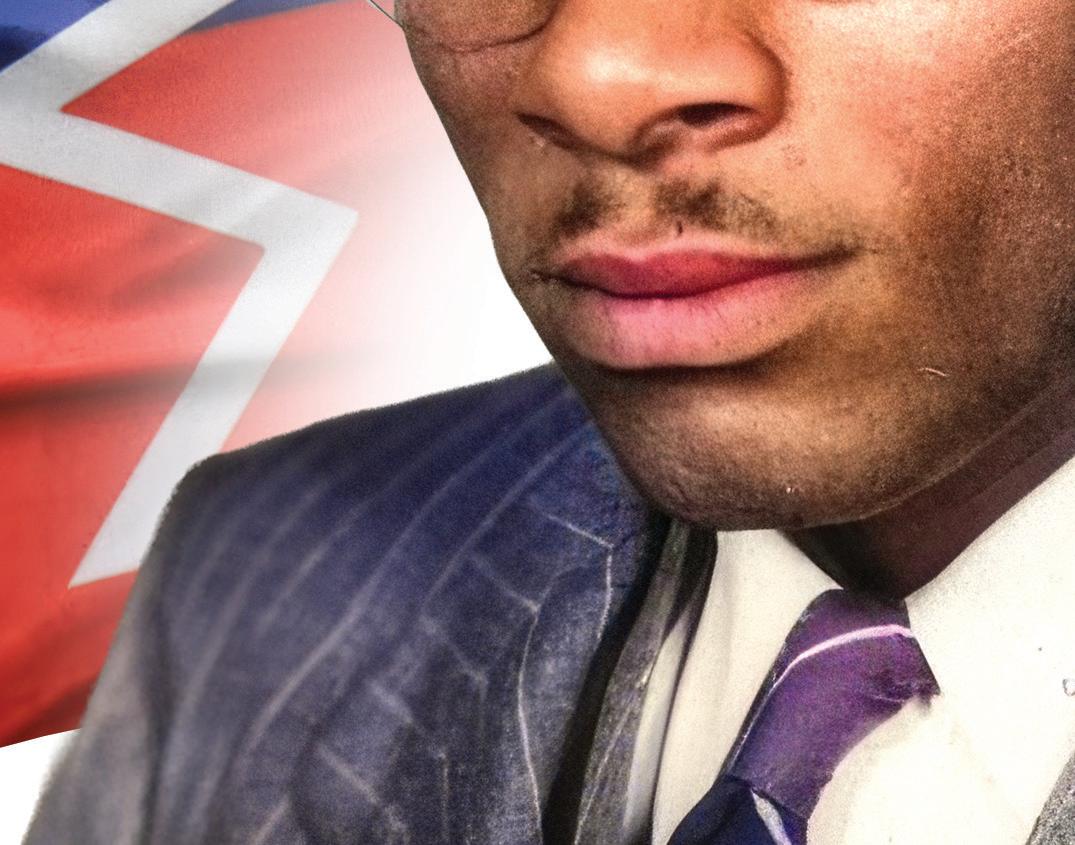
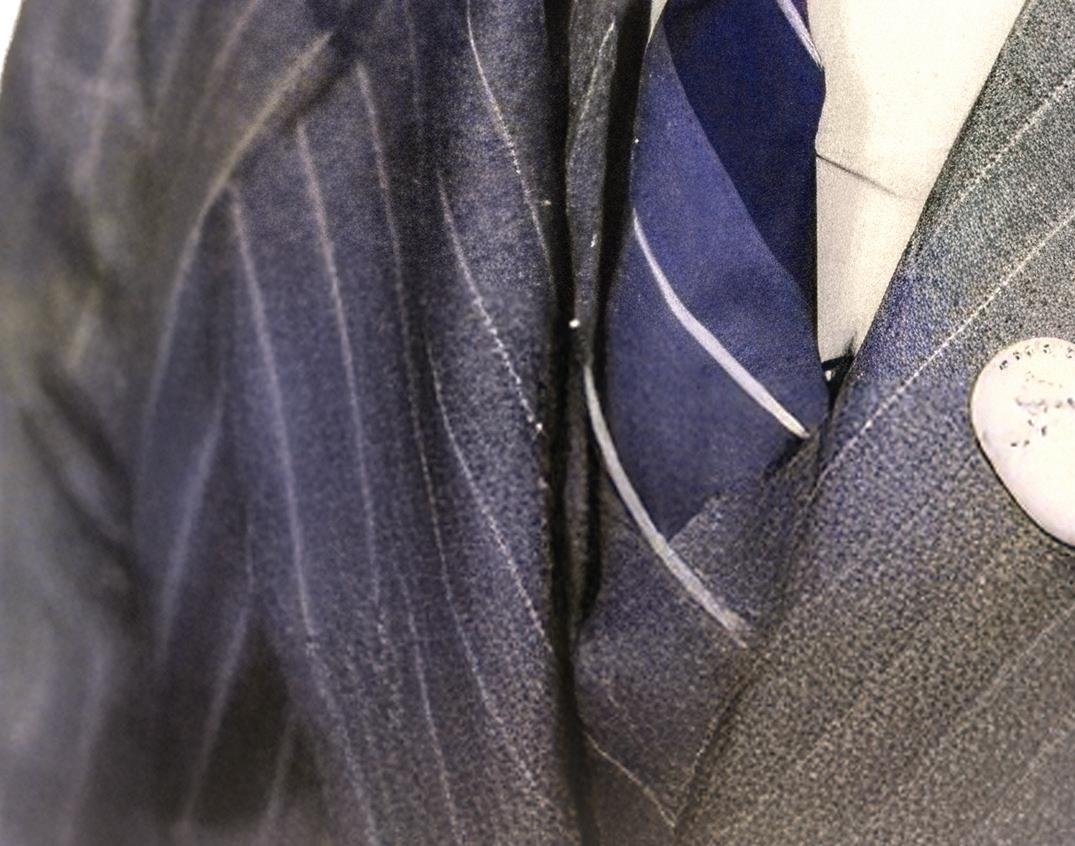

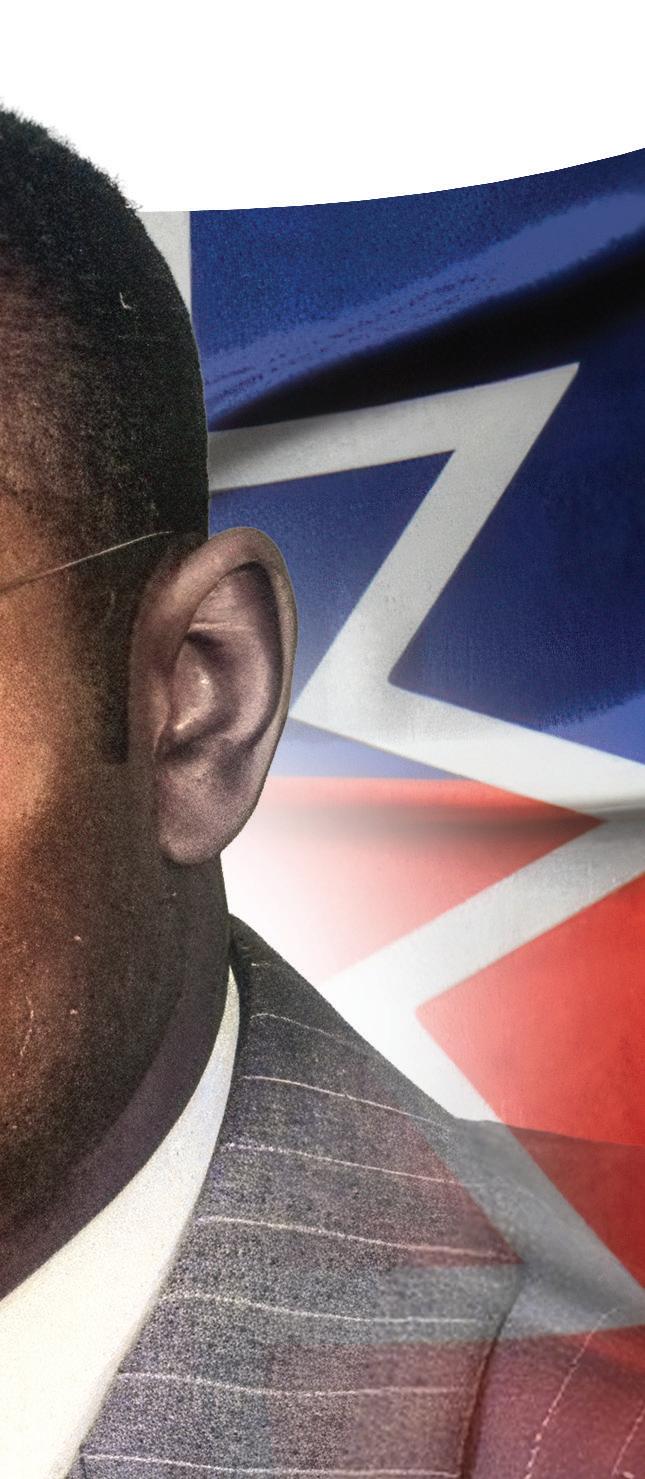

and disabled, and mentored youth—quietly ensuring that the ght for liberation extended beyond symbolic holidays into real-world support.
Rev. C. Anderson Davis passed away in 2007, but his impact echoes through every Juneteenth parade, school lesson, and federal

acknowledgement of the holiday.
Today, millions celebrate what he helped restore.
So as we wave ags, wear red, and re ect on the journey of freedom—let’s also remember the man who reignited the ame when it almost went out.
Say his name: Rev. C. Anderson Davis.
And say it with pride.
and physical death is the Equalizer. Glory to God! Individuals with a violent mentality entice others to become violent. Political violence is not the answer to societal socio-political dysfunctions. Sadly, political violence is becoming far too routine in American society. The recent political assassination and attempted assassinations of Democrat legislators in the state of Minnesota are contrary to the principles of multicultural democracy. On Saturday, June 14th, 2025 (251) anti-Trumpism demonstrations were organized across America signaling wide-spread dissatisfaction with the Trump Administration’s approach to democratic multi-cultural governance. At the same time, President Trump was celebrating his (79th) birthday under the guise of celebrating the (250-year) anniversary of the United States Military System. Correcting the spiritual moral direction of American society is indeed a monumental undertaking. Primarily, because evil men do not understand justice. Evil men pervert justice. Righteousness and justice must be the foundation of a multi-cultural democratic society. Therefore, brotherly love and truth must always be democracy’s guiding light set high on Lady Liberty’s hill: “Give me your tired, your poor. The wretched refuse of your teeming shore. I lift my lamp beside the golden door. Send these, the homeless, tempt-tost to me, I lift my lamp beside the golden door”. Glory to God on high, and not to an earthly king, because Jesus is the King of kings. Hallelujah!
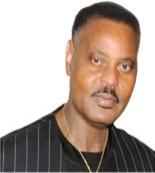


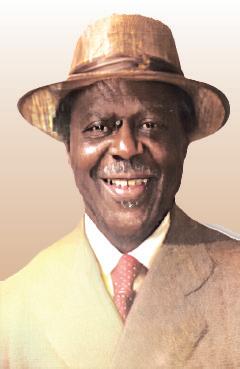



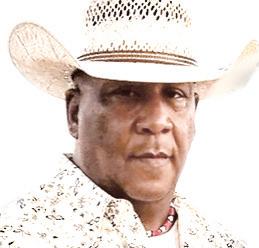





NOTICE TO PROPOSERS
e Houston Independent School District is soliciting Request for Proposals (RFP) via the District’s electronic bidding portal. Proposers may login to view speci cations and submit their responses at the following link https://houstonisd.ionwave.net/ Login.aspx until 2:00 p.m. (CST) Wednesday, July 16, 2025, for the following supplemental solicitation for the following project: RFP 25-05-01 Substitute Teacher Recruitment Services Pre-proposal conferences via Microso Teams will be held in conjunction with this RFP. Information regarding dates, times, and a link to join the meeting can be located within the electronic bidding portal under the “Event Details” tab speci c to this solicitation.
Request for Competitive Sealed Proposals will be received by Lone Star College for: CSP #25-05-01 – North Harris School of Cosmetology Renovations Electronic responses are due by 2:00 PM on 7-31-2025
Contact: Lydia Sterling, Sr Commodity Manager @ Lydia. Sterling@lonestar.edu Must Register to Bid at: http:// lonestar.ionwave.net/Login. aspx. If registered, please log in to Ion Wave for additional information. For assistance with the online registration process, contact MC-Vendors@lonestar.edu.
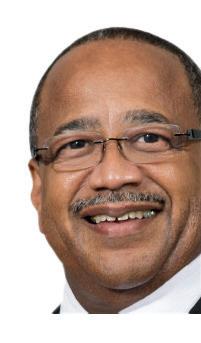

























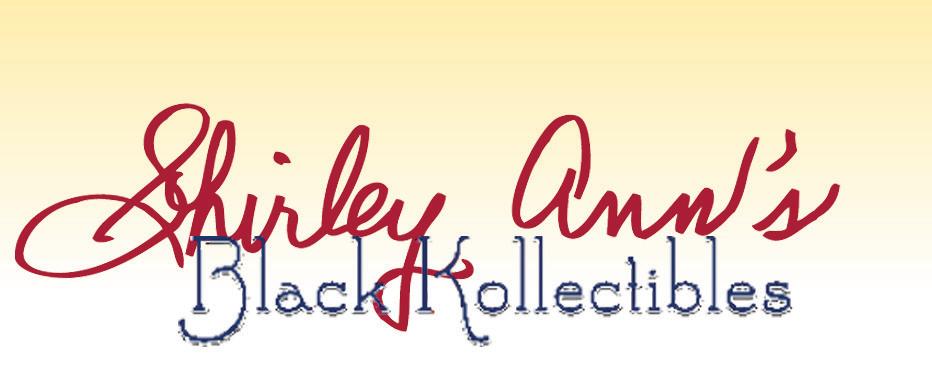






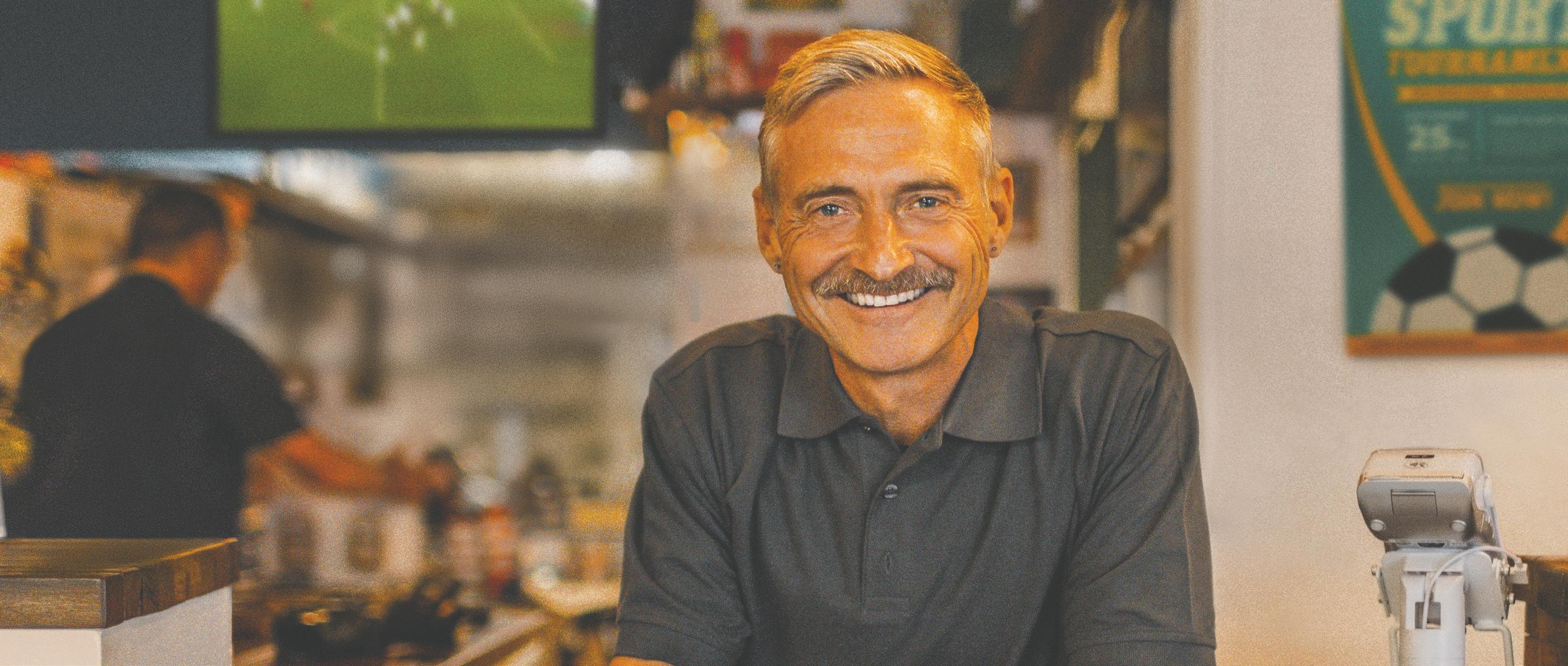
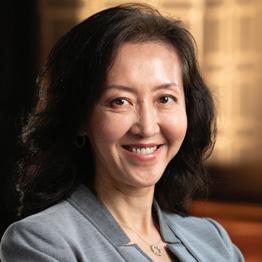

As the Official Bank of FIFA Club World Cup 2025™, Bank of America is on your corner and in your corner. Because with the right team, Houston businesses thrive and communities prosper.
Hong Ogle President, Bank of America Houston


Let’s get to work on your next goal. Contact one of our business specialists in Houston at bankofamerica.com/localbusiness
What would you like the power to do?®
































